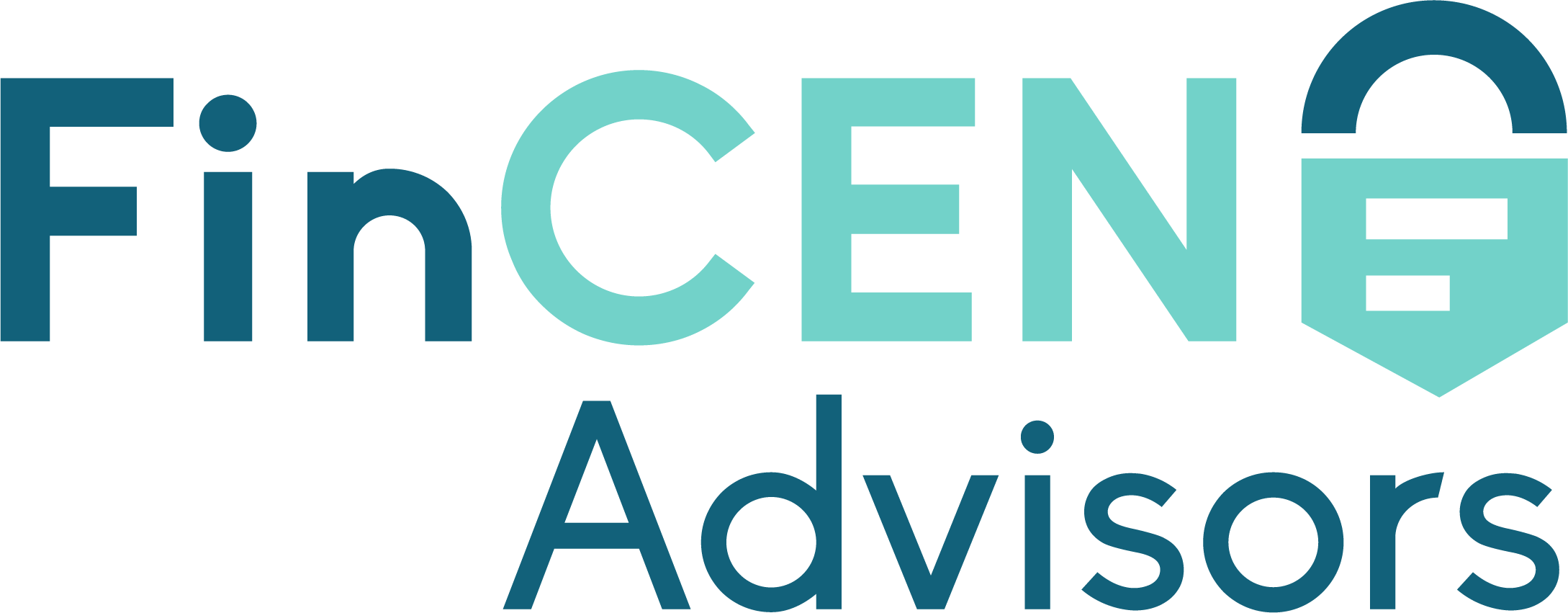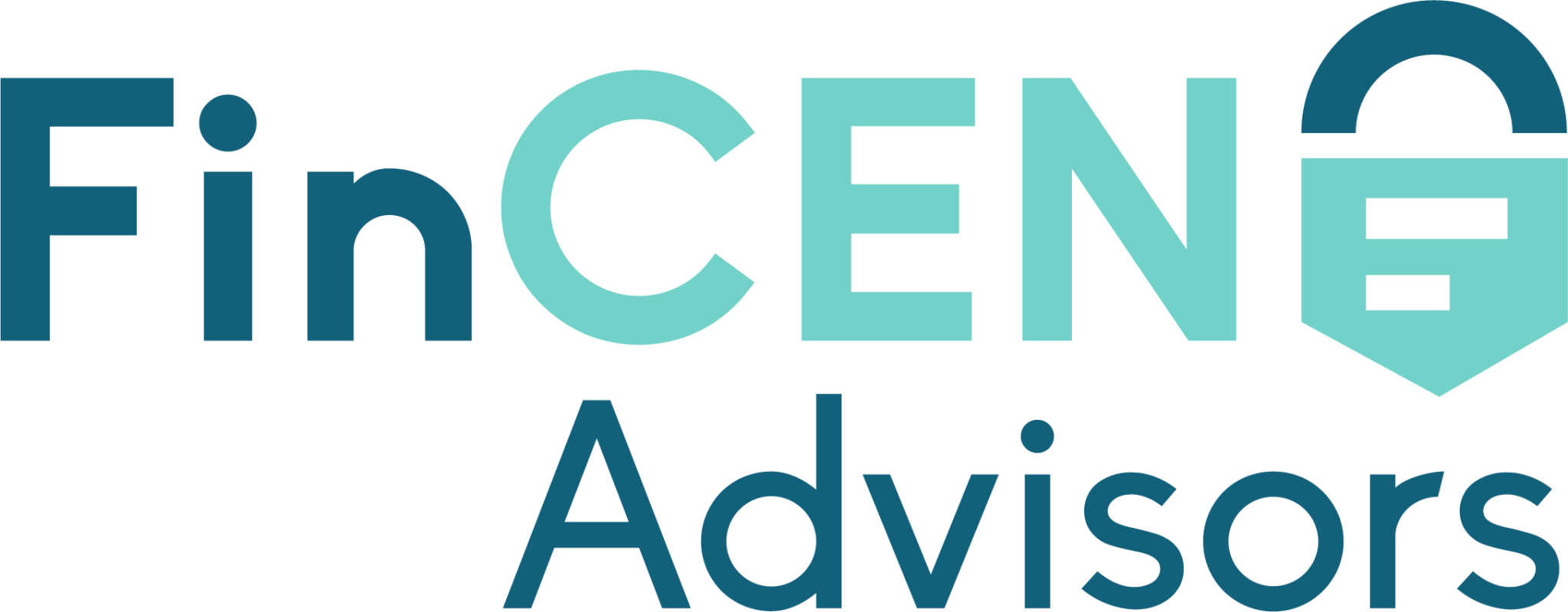Your SMB can reap many benefits from practicing due diligence and improving compliance.
Key takeaways:
- Prioritizing a compliance strategy helps your SMB:
- Build trust and credibility
- Improve risk management
- Enhance operational efficiency
- Integrate the right technology
- Develop a compliance-minded culture
Small and medium-sized businesses (SMBs) can especially struggle to keep up with compliance requirements. Managing them can be a burdensome obligation, even while compliance is important.
But prioritizing compliance and establishing a strategy helps SMBs shift their perspective and leverage it as a business advantage. This post covers how SMBs can take on this perspective and the benefits of putting compliance at the forefront of business operations.
Building trust and credibility
Recognizing how important compliance really is helps your SMB build trust and credibility. Compliance involves adhering to laws, regulations, and industry standards relevant to your business’s operations. Demonstrating a commitment to compliance mitigates legal risks and shapes the business’s perception among its stakeholders.
Compliance enhances a business’s reputation by fostering trust with customers, partners, and regulators. Customers feel more secure knowing that a company operates within the bounds of the law, protecting their interests and ensuring ethical practices.
Partners are more likely to collaborate with a compliant business, as it reflects a shared commitment to integrity and responsible business conduct. Regulators, in turn, view compliant businesses as responsible corporate citizens, potentially leading to smoother interactions and fewer regulatory interventions.
For example, in the financial sector, institutions that strictly adhere to financial regulations gain the trust of investors and clients. The aftermath of corporate scandals, such as Enron, has reinforced the importance of compliance in maintaining public trust. Large companies like Google and Microsoft have also navigated privacy concerns by proactively complying with data protection laws, earning them credibility in the eyes of users and regulators alike.
Compliance as a risk management tool
You have to navigate many different risks when running your SMB. These include security risks to customer and business data, financial losses, legal problems, business interruptions, and reputational risks. Failing to comply with laws and regulations can lead to greater risks across legal, financial, and operational realms in these areas. Integrating robust compliance practices helps you mitigate these risks and stay responsible.
Legal trouble and high costs are the significant risks you want to avoid. You could face severe penalties and legal challenges without complying with all requirements, like lawsuits or criminal charges.
For example, the new beneficial ownership reporting requirements under the Corporate Transparency Act and enforced by the Financial Crimes Enforcement Network (FinCEN) demand that many corporations and LLCs file within specific timeframes to avoid thousands of dollars in civil penalties and criminal penalties.
You can avoid these risks with the right compliance approach and stay current on all government-issued business requirements.
Operational efficiency and compliance
Another benefit of compliance is operational efficiency. Improving your efforts and incorporating best practices will streamline your business workflows. You will have a structured framework to follow instead of just paying attention to compliance when deadlines are approaching.
Here are a few other ways compliance helps improve efficiency:
- Mapping out business processes and aligning them with compliance standards
- Learning how best to allocate resources
- Integrating new technologies like automation to reduce errors and free up resources
- Positioning the business to adapt quickly to any regulatory changes
Internal controls and procedures can be greatly enhanced when you implement a dedicated strategy for compliance. These operational benefits make the overall business more competitive compared to less-compliant businesses, and compliance can even open doors to new markets.
How to leverage technology for compliance
To fully benefit from your compliance strategy, it’s important to recognize how new technology can improve your SMB. Tech tools can facilitate the compliance process to make it more accessible to team members while ensuring it is less resource-intensive. This means you can ensure robust compliance and due diligence while freeing up time.
Tools to consider for your compliance program include:
- Compliance software: Helps you centralize compliance-related tasks and activities
- Document management platforms: Allow for secure document storage and transfer
- Audit trail and monitoring tools: Track changes and provide documentation for audits
- Training platforms: Facilitate employee training on policies
Implementing a combination of these technologies can empower your SMB to manage compliance requirements efficiently, reduce the risk of noncompliance, and enhance overall operational effectiveness.
Developing a compliance-minded culture
One of the best ways to ensure success with your compliance program is to embed the right mindset into your workplace culture. This fosters a shared commitment to ethical conduct, regulatory adherence, and organizational risk management.
Strategies to establish and promote a compliance-centric culture in your SMB include the following:
- Lead by example: Executives and leaders should demonstrate a strong commitment to compliance through their actions, decisions, and communication.
- Communicate values: Clearly communicate the importance of compliance and ethical behavior at all levels of the organization.
- Train employees: Conduct regular training sessions to educate employees about relevant regulations, policies, and ethical standards.
- Document policies: Develop clear policies and procedures related to compliance, making them easily accessible to all employees. Regularly review and update these policies to align with changing regulations and industry standards.
- Keep communication open: Establish anonymous reporting mechanisms for employees to report potential compliance issues without fear of retaliation. Create an open and transparent communication environment.
- Implement recognition and rewards: Acknowledge and reward individuals and teams for exemplary compliance efforts and contributions.
- Take on a collaborative approach: Foster collaboration between different departments to ensure a holistic understanding and implementation of compliance requirements. Schedule regular cross-functional meetings to discuss compliance initiatives and address potential challenges.
Establishing a workforce that values and understands the importance of compliance is a huge business advantage. Compliance can be ingrained in your organization’s DNA, leading to better risk management, improved operational efficiency, and more opportunities for building trust.
Embracing compliance as a business advantage
Compliance doesn’t have to be another burden business requirement. When you can see it as a strategic business asset for your SMB, you can harness the benefits related to your risk management practices, operational efficiency, and brand reputation. Create a company-wide commitment to embrace and invest in compliance for long-term growth and success.
While navigating new changing regulations, like the new FinCEN reporting requirements, can be a struggle, filing your information doesn’t have to take up too much time and energy. Work with the team at FinCEN Advisors to speed up the filing process and receive guidance on how to successfully comply with the new requirements.
Contact us today to learn more about FinCEN Advisors.











